Embark on a journey to visit rural Transylvania. Dive deep into the traditional Romanian village culture, be captivated by hospitality, and immerse yourself in authentic country life. From workshops to local products, Agramonia is your gateway to the ultimate Romanian holiday experience.
Show more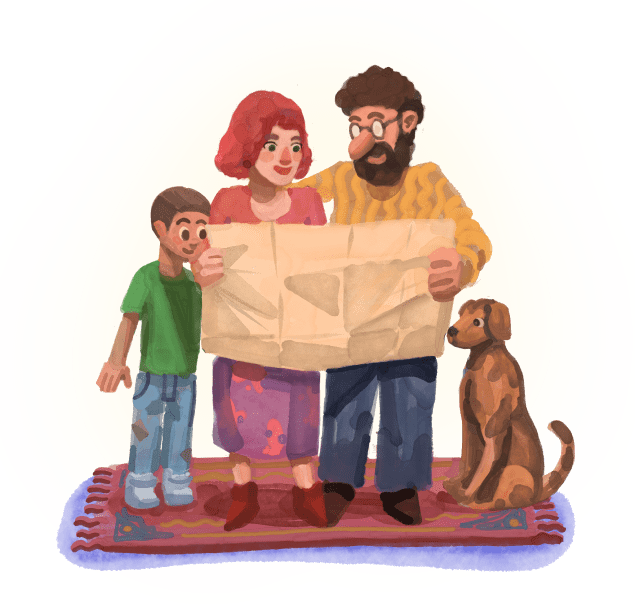
Discover Romania s unique cultural landscape. Dive into traditional Romanian village life and experience unforgettable moments
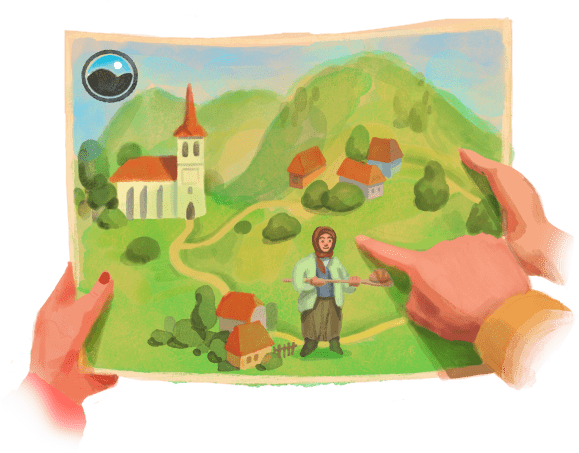
We help you book a traditional holiday in Romania with the local people. Enjoy unforgettable country holidays and discover Romanian traditions
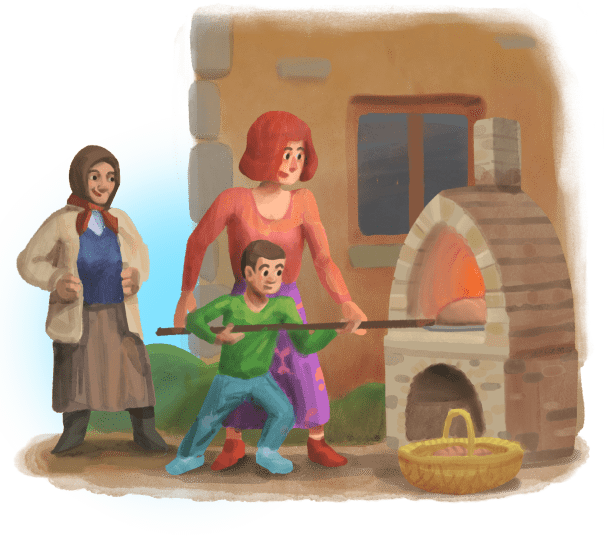
Do you want a unique holiday where you get to know the people and local culture? Whether it s making horseshoes, baking bread in a wood oven, or tasting real Transylvanian specialties - with us, it s possible.
Discover Local Experiences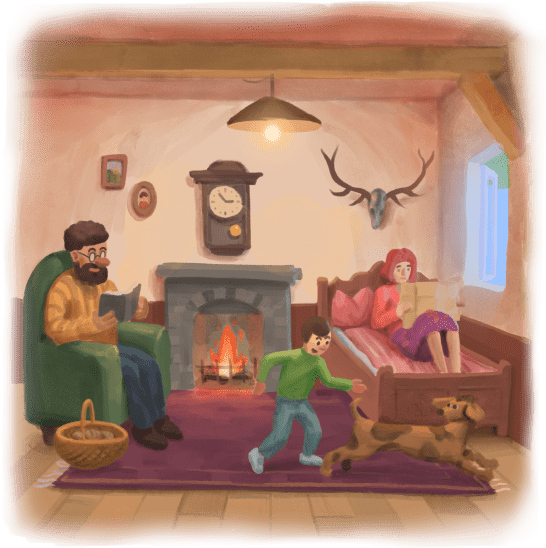
Stay in a traditional house, embraced by the warmth of a local family and savor authentic Romanian dishes. From family-run hotels in Romania to cozy homestays and farms, our curated selection ensures you experience genuine Transylvanian hospitality.
Book Your Stay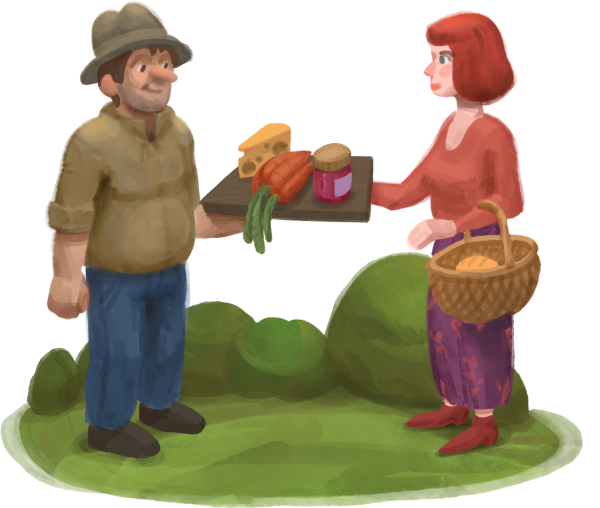
Buy homemade products, live your Romania vacation with local products straight from the producer. Eat local food and dive into the local world.
Discover Local Products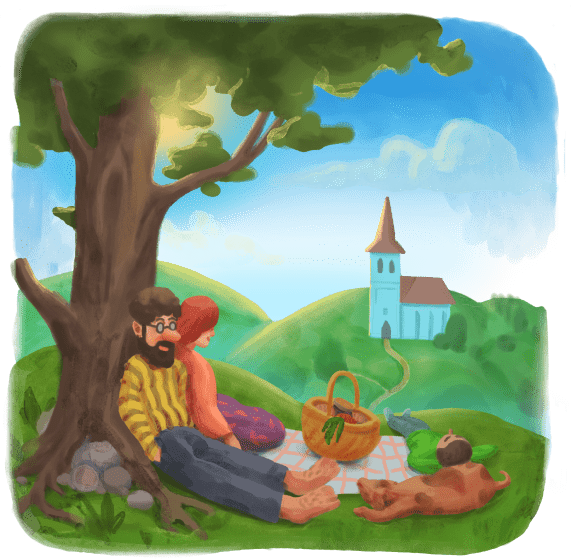
Explore charming places, from historic fortified churches to scenic hiking trails. Get inspired and dive deep into Romania s rich history and culture.
Explore Romania